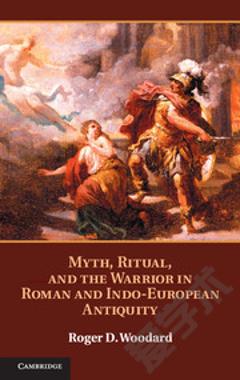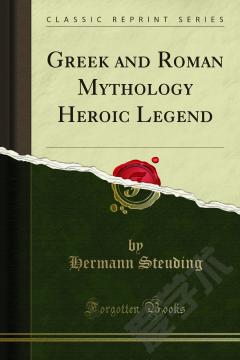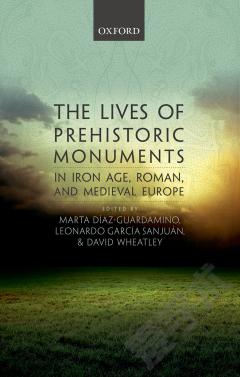Myth, Ritual, and the Warrior in Roman and Indo-European Antiquity
This book examines the figure of the returning warrior as depicted in the myths of several ancient and medieval Indo-European cultures. In these cultures, the returning warrior was often portrayed as a figure rendered dysfunctionally destructive or isolationist by the horrors of combat. This mythic portrayal of the returned warrior is consistent with modern studies of similar behavior among soldiers returning from war. Roger Woodard's research identifies a common origin of these myths in the ancestral proto-Indo-European culture, in which rites were enacted to enable warriors to reintegrate themselves as functional members of society. He also compares the Italic, Indo-Iranian and Celtic mythic traditions surrounding the warrior, paying particular attention to Roman myth and ritual, notably to the etiologies and rites of the July festivals of the Poplifugia and Nonae Caprotinae and to the October rites of the Sororium Tigillum.
{{comment.content}}








 京公网安备 11010802027623号
京公网安备 11010802027623号